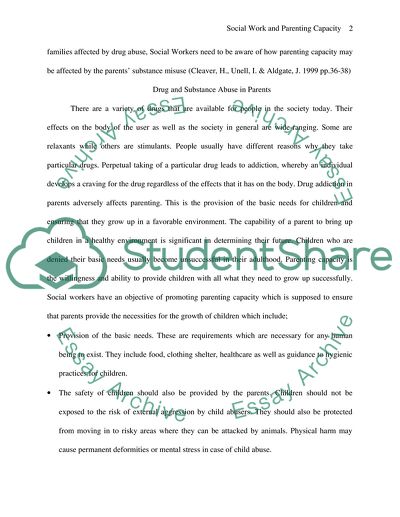Cite this document
(The Impact of Parental Drug Abuse on the Children Research Paper, n.d.)
The Impact of Parental Drug Abuse on the Children Research Paper. Retrieved from https://studentshare.org/social-science/1720380-social-work-parenting-capacity-and-substance-misuse
The Impact of Parental Drug Abuse on the Children Research Paper. Retrieved from https://studentshare.org/social-science/1720380-social-work-parenting-capacity-and-substance-misuse
(The Impact of Parental Drug Abuse on the Children Research Paper)
The Impact of Parental Drug Abuse on the Children Research Paper. https://studentshare.org/social-science/1720380-social-work-parenting-capacity-and-substance-misuse.
The Impact of Parental Drug Abuse on the Children Research Paper. https://studentshare.org/social-science/1720380-social-work-parenting-capacity-and-substance-misuse.
“The Impact of Parental Drug Abuse on the Children Research Paper”, n.d. https://studentshare.org/social-science/1720380-social-work-parenting-capacity-and-substance-misuse.


